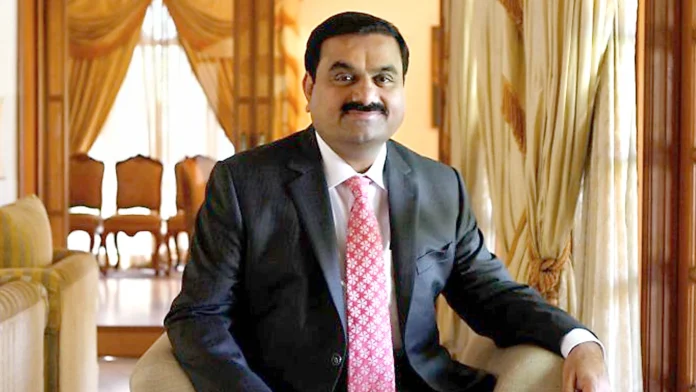A Delhi court has overturned a gag order that had restrained journalists Ravi Nair, Abir Dasgupta, Ayaskant Das, and Ayush Joshi from publishing allegedly defamatory content about Adani Enterprises Limited (AEL). The order, issued by a sessions court, was challenged on the grounds that it was passed without granting the journalists an opportunity to be heard.
District Judge Ashish Aggarwal, in his ruling, emphasized that the sessions court had failed to consider the content of the articles in question and had not provided a hearing to the defendants before issuing the sweeping gag order. He stated that such an opportunity should have been granted prior to passing the order, rendering it unsustainable. Consequently, the court set aside the order, noting that it would apply only to the appellants before the court.
Advocates Vrinda Grover and Nakul Gandhi, representing the journalists, argued that the ex parte ad interim order was obtained for an article published in June 2024, questioning the urgency of the matter. They highlighted that the court had not provided even a brief notice period, depriving the defendants of a chance to present their case. Grover further contended that the order had led to the removal of numerous videos and posts, describing the injunction as overreaching and disproportionate.
The legal team also questioned the nature of the suit, suggesting that it was filed as a declaration suit under the guise of a defamation suit to circumvent the higher burden of proof required in defamation cases. They raised concerns about the jurisdiction of the court, pointing out that the articles primarily dealt with an individual and not the plaintiff company.
In contrast, Advocate Vijay Aggarwal, representing AEL, argued that the journalists were allegedly influenced by foreign entities and that the articles contained baseless allegations against the company. He asserted that the articles lacked evidence to substantiate claims of government favoritism towards AEL.
The court, while setting aside the gag order, noted that the veracity of the articles would be determined during the trial, where the burden of proof would lie with the defendants to establish the truth of their publications.


